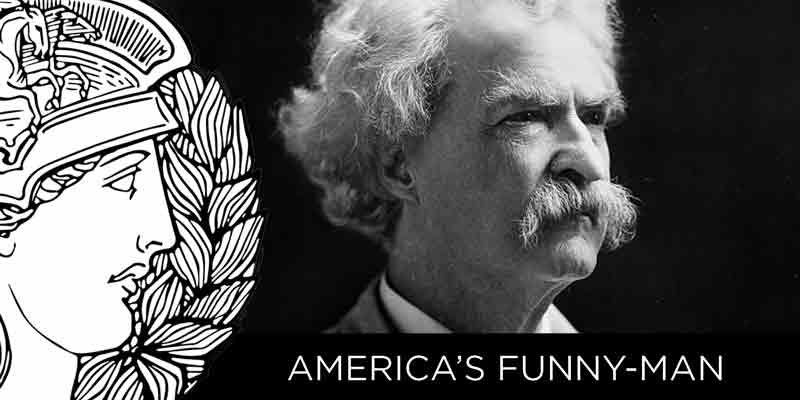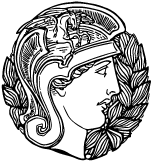
In the 1860s Samuel Clemens invented the literary persona and stage-name “Mark Twain,” and became America’s most famous humorist and satirist—and perhaps the most famous American in the world by the time of his death in 1910. Today, we think of Twain as the author of the classic (and controversial) Adventures of Huckleberry Finn; in his own day, he was known as both an author and comic performer. How did Twain bring Western humor traditions and vernacular language to lecture tours, stories, and novels to millions of people across the globe? Twain’s satirical humor deflated pretensions, violated Victorian cultural norms, and took on serious political issues such as slavery and U.S. imperialism. Historian Philip Gould explores some of the main thematic and psychological dimensions of Twain’s humor, which probed what he saw as the darker side of human nature.
--
A graduate of Brown University (BA, History) and the University of Wisconsin-Madison (PhD English Literature), Philip Gould has been a professor in the English Department at Brown University since the late 1990s. He is Israel J. Kapstein Professor of English, and recently has published War Power: Literature and the State in the Civil War North (Oxford UP, 2024). He lives in Providence and is a member of the Providence Athenæum.


